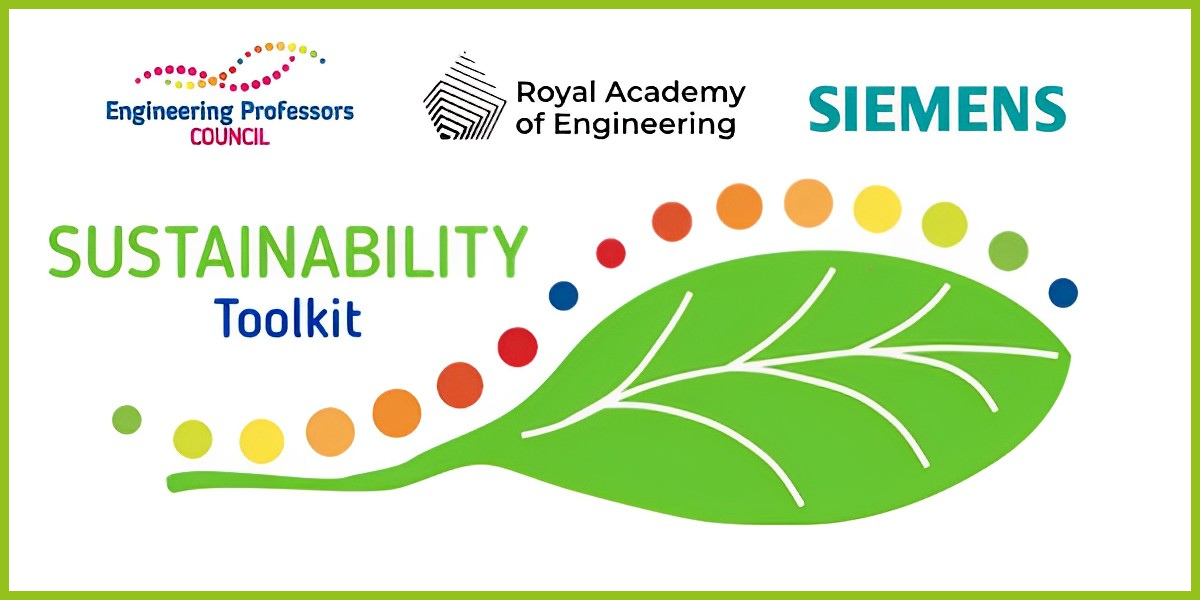The EPC has introduced a major new initiative to ensure the engineers of tomorrow can rise to the challenges of the climate emergency: The Sustainability Toolkit, produced with support from the Royal Academy of Engineering and Siemens. EPC President, Prof John Mitchell invites you to explore.

In order to ensure that recent engineering graduates are prepared to meet the challenges of today, it is imperative that they develop a greater level of sustainability knowledge and expertise. Sustainability should become the core tenet of engineering education, training and professional practice – a view supported by research undertaken by UCL and the EPC also published by the Royal Academy of Engineering today.
A rising number of groups are advocating that engineering programmes prioritise sustainability in addition to technical knowledge in order to provide aspiring engineers with the tools and perspective they need to be successful. A plethora of areas at the policy level demonstrate this including: The Accreditation of Higher Education Programmes in engineering (AHEP, 4th edition) standards demonstrating the significance of engineering’s impact on the environment.
As part of our commitment to support EPC member institutions to integrate sustainability content in their engineering education, we’re pleased to unveil twelve guidance articles, 18 different teaching resources including five case studies, and a library of links to sustainability communities and networks that promote collaborative efforts.
The toolkit will operate as an open-access platform where users can also submit their resources for review and inclusion. Additionally, it directs users to supplementary materials curated by a team of experts.
We’d like to express our gratitude to the Sustainability Toolkit Steering Group, our Sustainability Toolkit Contributors, and our brilliant supporters, the Royal Academy of Engineering and Siemens for their unwavering assistance and backing. Chris Wise, steering group chair, has been amazing at leading by example – with his expertise and passion for embedding sustainability into the curriculum, he ensured this project reached this point seamlessly.
Sarah Jayne Hitt (Project Manager), Crystal Nwagboso (Project Manager, Research and Editorial Lead/Analyst), and Johnny Rich (Chief Executive) have also done a fantastic job of keeping everyone on course and generating excellent tools guided by the best standards.
I’m immensely proud of our collaboration with Siemens and the Royal Academy of Engineering on the new EPC Sustainability Toolkit. We’re not just shaping educational resources. We’re shaping the engineers who will shape our future.
We sincerely hope you will find these tools helpful in integrating sustainability into the classroom. Kindly let us know about your experience using them and stay tuned as we’ll be expanding the toolkit. Do get in touch or see the Toolkit for further details about submitting your own content.
This blog is also available here
Any views, thoughts, and opinions expressed herein are solely that of the author(s) and do not necessarily reflect the views, opinions, policies, or position of the Engineering Professors’ Council or the Toolkit sponsors and supporters.




